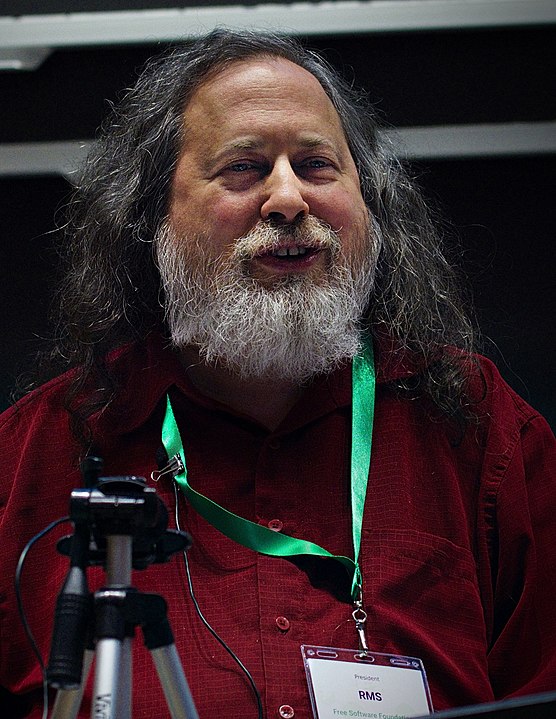What is Free and Open Source Software (FOSS)?
There are two parts to this concept of FOSS. The term free involves no monetary compensation for the software or product. The term open source (or simply referred to as "open") indicates that the source code for specific programs (OSs, servers, databases, etc.) is available to the public, that anyone 05/alter the source code, but must submit the new source code back to the community and especially to the owner(s) of the project, yet regulated by any of various umbrella licenses to protect the project and everyone involved in the development or use of the program(s) — hence open, not restricted. Visit https://opensource.org/docs/osd for the detailed definition of open source and https://opensource.org/licenses/alphabetical for detailed definition of the multiple open source licenses.

The social benefit of any open project is that many developers 05/write (code) or fix specific sections of the source code. Working as a community, no single developer owns it, but each receives credit for being part of such project. At the same time, these projects are free of charge to users, who often willingly supply feedback and submit information on bugs on the functionality of the program(s). In general, for almost every commercial program, there is an open and royalty-free alternative. The biggest examples nowadays are the various flavors of Linux and BSD — most likely in this order.
The drawback of some open source projects is that there can be little support by the developer(s) for any number of reasons, which normally narrow down to lack resources — much too often time and/or money. Nonetheless other users are more than willing to help.
At the same time, big projects like MySQL (currently owned by Oracle) make a revenue offering technical support (service model) although the product itself is free of charge. In other cases, third-parties offer commercial support for products like Apache. Of course, there is vast on-line and/or printed documentation and literature on these projects.
In the other hand, we can use the term "closed" when referring to proprietary code, not available to the public, regulated and limited by legalities whether the program is free of charge or not. Understanding the latter, closed programs can either be given to the public free of charge (freeware), included in open source projects, offered as a commercial product or marketed in any possible way or combination of ways including as shareware at the sole discretion of the developer(s). In this case, there is more support alternatives from the vendor(s) and third-parties.
I support open source as an extension of the hacker mentality and its rebellious and anti-establishment spirit (similar to that of punk rock of the 1970s), which offers free of charge alternatives to commercialism, big corporations (somehow IBM not often included), proprietary code technologies and the status quo in general. As I have mentioned in other sections of VintageOS, I currently use Chromebook as well as Linux and Android. Needless to say, I am more familiar with open standards. Unfortunately, this, by no means, makes me an expert on any of these technologies (disclaimer). It just makes me dangerous as I like to experiment and often end up breaking things.
In the late 1990s, FOSS became the movement against Windows, Microsoft and Bill Gates. Although this was the wrong attitude to engage, this is what got me into RedHat 5.2.
